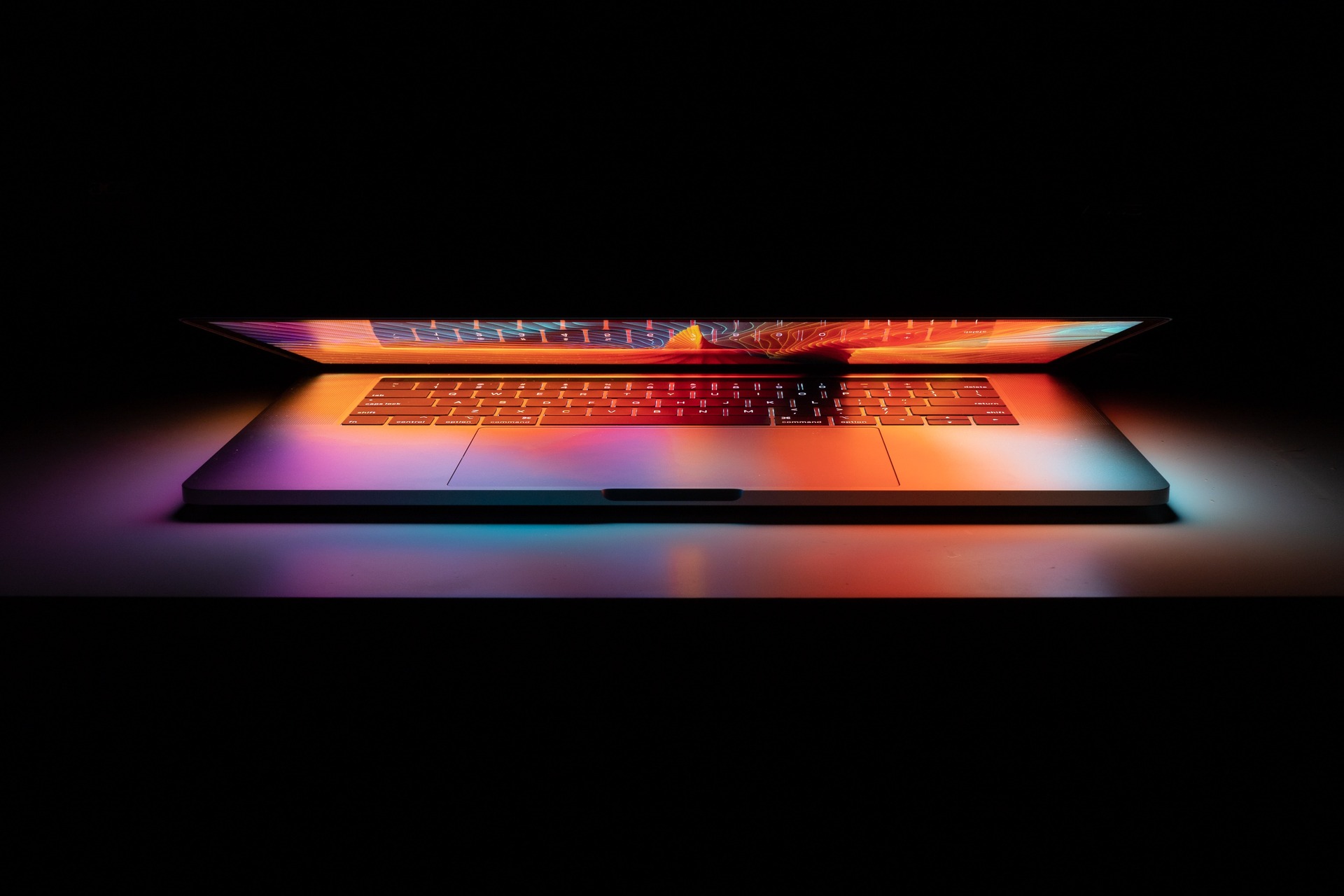AI is proving influential in many sectors, including health care. The proliferating use of artificial intelligence in medical diagnosis shows how innovation continues to improve the human race. AI in medicine and health care has found many exciting footholds — here are just a few.
The Applications of AI In Medicine
During the COVID-19 pandemic, computer engineers developed artificial intelligence in medical diagnosis to detect the COVID-19 virus in symptomatic individuals with great correctness and speed. Studies showed these programs could diagnose the virus with a total accuracy of 70% to 99%.
The technology is continuing to develop and be put into practice. A program is being designed that can detect COVID-19 by simply listening to a person’s voice.
Detection of diseases like COVID-19 is just the start of AI’s applications in the medical and healthcare sector. Below are some other technologies in use and the future of AI in medicine.
1. Triage
The development of AI-powered vehicles — such as self-driving cars — has steadily increased over the past few years. This technology has been applied to every sector, from consumer to military — and the medical industry can also greatly benefit.
DARPA issues a yearly challenge to develop AI-powered self-driving vehicles and robotics for a specific purpose. In 2023, they announced the Triage Challenge, calling on computer engineers to create prototypes of robots, uncrewed aircraft, and AI algorithms that can apply to the practice of medical triage. The prototypes must demonstrate the ability to identify the nature and cause of injuries to help medical responders give accurate and timely care to the injured.
2. Administrative Tasks
Less dramatic but arguably just as important is using AI to manage administrative tasks in hospitals and other care facilities. AI’s specialization is handling large data sets, so authorizing insurance, processing bills, and maintaining patient records are perfect for an AI computer system.
Saint Luke’s — a nonprofit healthcare system based in Kansas City — increased its surgical cases by 7% despite closing 20% of its ORs. Before this, their OR usage was at an all-time low due to staffing issues and a paper-and-fax system making processing surgery requests extremely slow. Saint Luke’s turned to AI automation to speed up processing and reduce the workload on their staff.
3. Wearable Health Care Technology
Wearable health care is the latest trend in portable medical technology. While widely available to consumers in the form of smartwatches to monitor fitness, wearable health care can have much more impactful applications, such as measuring glucose levels without the need to draw blood.
It can also continually monitor patients’ health, eliminating the need for annual check-ups with continuous monitoring. This kind of technology pairs perfectly with AI — monitoring devices gather data that AI can interpret, streamlining the patient care process.
4. Robotics In Health Care
Robotic AI is already being used in hospitals and other healthcare facilities in various fields. These include logistics, medical research, cancer detection, and even surgery. AI robots can train to perform actions with greater precision than a human and perform complex tasks under the supervision of a doctor. In addition, medical professionals can use robots for remote treatment to ensure patients needing continuous care can stay independent longer.
Creating the Future of AI in Medicine
AI in medicine and health care will discover more applications as it grows. With doctors and AI working together, the healthcare field might be set for a revolution.
Recent Stories
Follow Us On
Get the latest tech stories and news in seconds!
Sign up for our newsletter below to receive updates about technology trends














